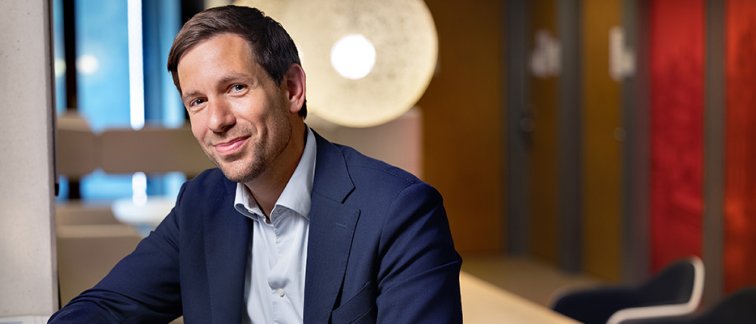The negative sides of too much stress play a role in many psychiatric diagnoses. However, stress also has a negative influence on somatic disorders such as diabetes, cardiovascular disease and autoimmune disorders. Stress is therefore certainly not the exclusive domain of the psychiatrist. Vinkers: “To understand stress, it is necessary for scientific disciplines to work together and come together. I think untangling the stressful road to disruption and human disease provides clues for the whole of medicine.”
Stress dynamics
Our ability to respond dynamically to stress – in terms of emotions, behaviour, physiology or (neuro) biology – ensures that someone does not get out of balance. These stress dynamics are also key to understanding when stress becomes too much for a person. A loss of that dynamic response is a red flag that someone is in danger of becoming unbalanced, sometimes even before someone consciously realizes it. Vinkers: “It's about a loss of resilience. The rebounce is no longer in order and someone's resilience is in danger of going under. Balance is not a rigid condition, on the contrary: it is a dynamic equilibrium that is constantly under some pressure and subject to change."
Unique stress profile
Vinkers introduces the term homeodynamics: dynamic balance around stress that is constantly changing depending on someone's context: what stress is there, at what time, and because of what event? Therefore, there are no universal solutions to combat stress. Everyone has their own unique stress profile. This stress profile is dynamic and changes throughout our lives, shaped by what we experience and learn. Vinkers: “Context is therefore essential to understand where things go wrong due to stress. What it takes to combat stress requires a thorough and personal analysis. That is also the complexity of stress: there is no universal solution, no matter how much we want it. But stress offers clues throughout medicine for understanding who is disrupting it.”
Watch the dialogue between Arjen Brussaard and Christiaan Vinkers at the Annual Meeting 2021, where Vinkers shed his light on the relation between stress and resilience.

